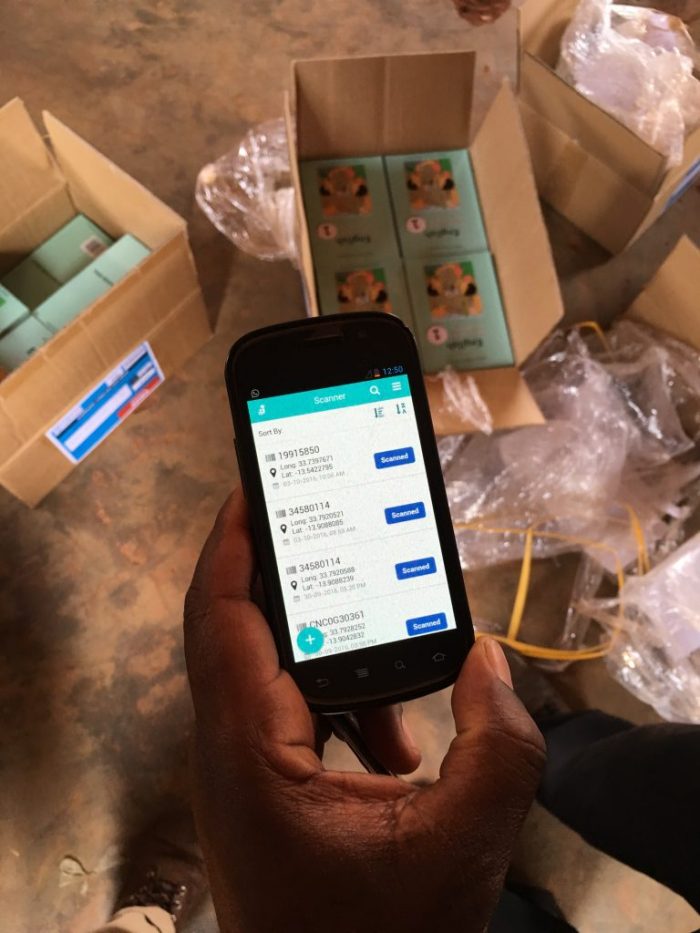
Award-winning OpenEMIS Logistics
Creating a culture of accountability in tracking book delivery using OpenEMIS Logistics
As stated by UNESCO Global Education Monitoring (GEM) in its Policy Paper on access to textbooks for quality education, “next to an engaged and prepared teacher, well-designed textbooks in sufficient quantities are the most effective way to improve instruction and learning”[1]. The Fourth Sustainable Development Goal on Education (SDG4) strives to ensure inclusive and equitable quality education and promote lifelong learning opportunities for all. The supporting framework for the new 2030 agenda highlights access to learning materials as one of the core strategic approaches for implementing the goal. Countries dedicated to providing education for all invest a great deal of monetary funds into the purchasing and distributing of learning materials.
In a recent blog article, All Children Reading looks at challenges to textbook distribution and innovative solutions piloted in several countries aiming at improving transparency and building a culture of accountability.
While the reasons for lack of access to textbooks in many low income countries have been identified, attempts to collect data on the distribution, availability and use of textbooks is limited. Data comparisons of supply systems and the capacity to forecast demand for textbooks are also lacking. With the challenges of sustainability and affordability of financing textbooks, parents are often required to incur the costs of instructional material.
In 2017, All Children Reading chose OpenEMIS Logistics as the winner of A Grand Challenge for Development’s Tracking and Tracing Books prize competition. The aim of the challenge was to use simple technology to create a solution for the tracking and tracing of textbooks with community involvement. The objective aligns with the SDG4 by creating a culture of accountability for the sustainability of textbook provisions in countries.
Research shows that when parents, teachers, and other community members know what materials are to be delivered and when, they will advocate for on-time delivery. With this in mind, CSF designed a tool to engage and empower local stakeholders to keep everyone involved accountable. OpenEMIS Logistics is an important extension of the OpenEMIS solution which captures institutional level data in education. This new tool allows Government Ministries to manage and monitor the shipments of school commodities, including textbooks. The system also sends tracking notifications through a communication channel (i.e. SMS, IVR) to individuals such as education officers and parents that are subscribed to receive alerts.
As a web-based, open source software, OpenEMIS Logistics provides many benefits including the ability to fully customize to meet specific country requirements. Along with its many features and its ability to work with existing technologies, the tool can provide new insights and data analytics to improve sustainability efforts directly in line with SDG4.
[1] UNESCO (2016), Every Child Should Have a Textbook. Global Education Monitoring Policy Paper 23. Paris.
